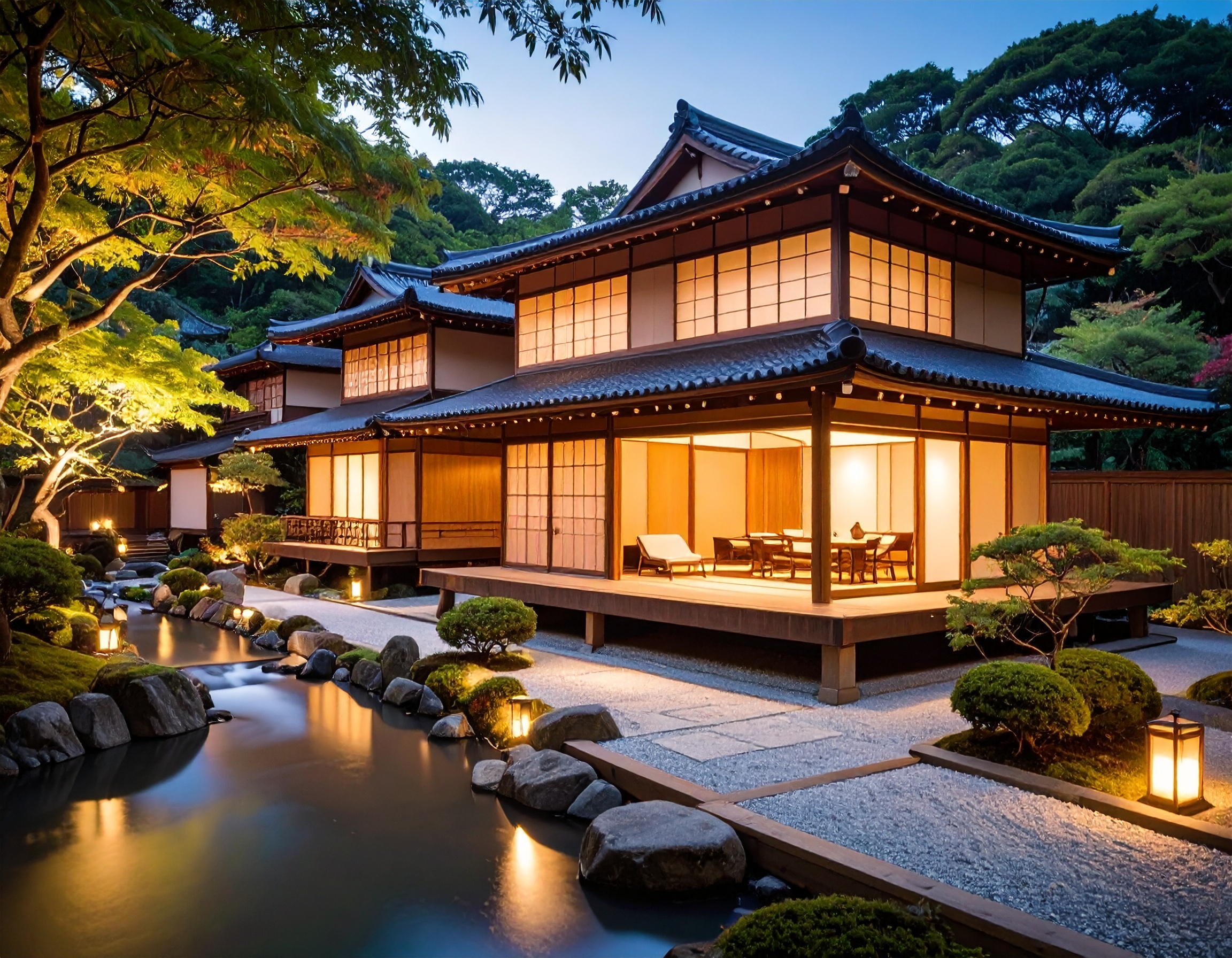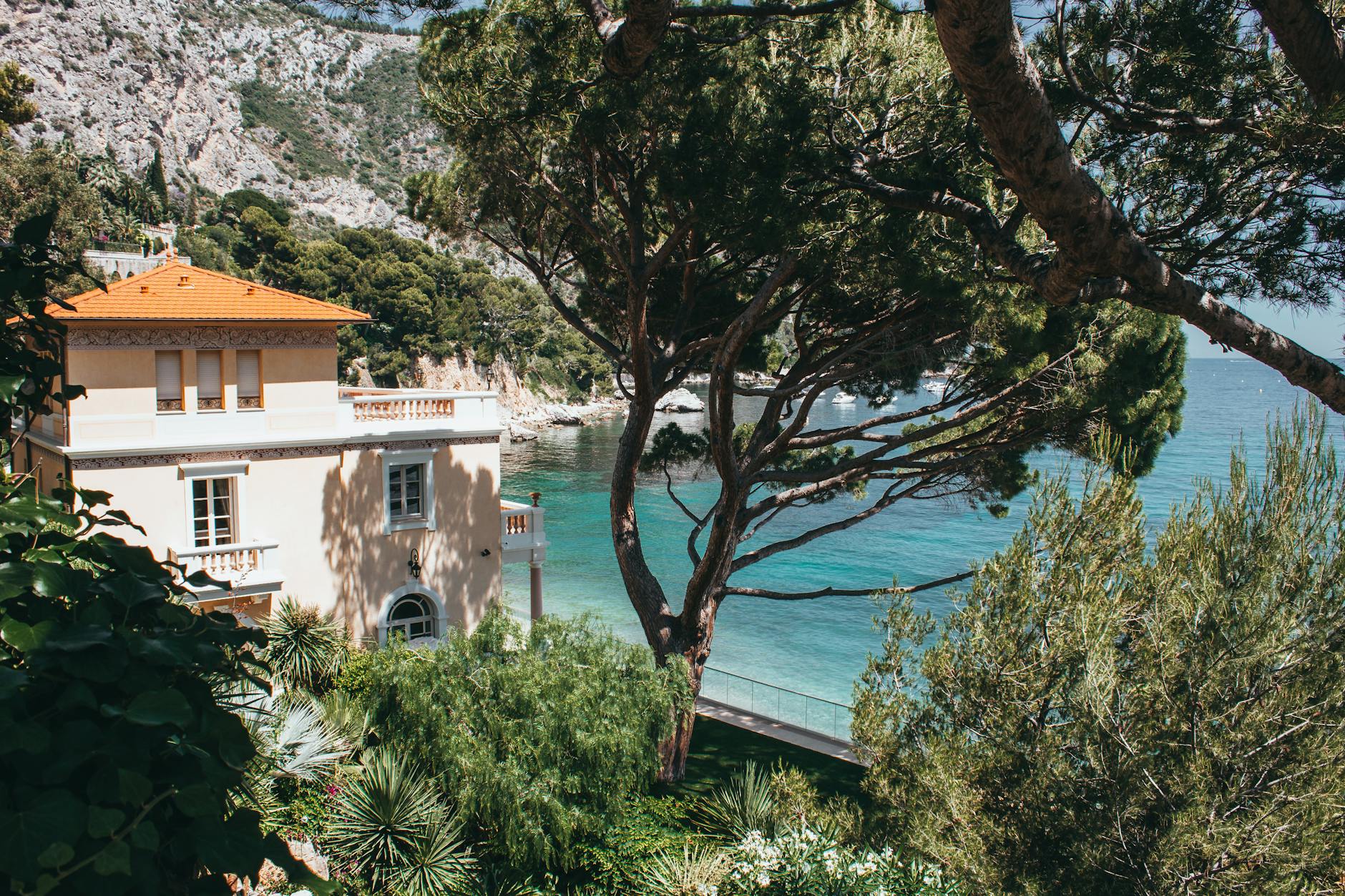“If You Own a Second Home in Japan, Choose Kyoto—Not Tokyo.”
This sentiment is gaining traction among affluent individuals across Asia. In recent years, a growing number of high-net-worth individuals from regions such as Thailand, Hong Kong, and Singapore have turned their attention to Kyoto—a city where cultural richness and serene living harmoniously coexist.
Why is Kyoto emerging as the preferred destination for luxury second homes?
The answer lies in three distinct advantages that set it apart from other cities in Japan.
◆ Reason 1: An Everyday Life Immersed in World-Class Cultural Heritage
Kyoto is not merely a destination—it is a city where over a millennium of cultural legacy becomes part of your daily life.
Unlike other cities where culture is something to visit, Kyoto offers a lifestyle where cultural treasures are seamlessly woven into everyday routines:
-
Ancient temples line your walking path
-
Traditional Japanese gardens appear en route to your grocery errands
-
A neighborhood confectioner boasts over 300 years of continuous history
Such daily encounters with heritage are unique to Kyoto. For international high-net-worth individuals, this cultural immersion defines the true essence of owning a second home in Kyoto—transforming it from a residence into a meaningful, living experience.
◆ Reason 2: Enduring Value Through Protected Scenic and Architectural Integrity
Kyoto is governed by some of Japan’s most stringent urban planning regulations:
-
Strict building height limits
-
Regulations on exterior materials and color palettes
-
Detailed guidelines even for roof shapes and signage
While these restrictions may appear to hinder modern development, they are, in fact, a key factor behind Kyoto’s lasting appeal for affluent investors.
This preservation-oriented framework—where “nothing new” means “no value erosion”—ensures that the city’s timeless streetscape remains intact and investment-worthy.
In districts like Higashiyama, Okazaki, and Sakyo, even properties over 30 years old often retain, or even appreciate in value.
The result is a market defined by scarcity and preservation, offering what is essentially a built-in insurance policy for asset value.

◆ Reason 3: A Rare Balance—City Sophistication Meets Serene Retreat
Kyoto offers a rare and refined blend of urban accessibility and natural tranquility:
-
Effortless bullet train access to major hubs like Tokyo and Osaka
-
Scenic retreats such as Arashiyama and Kurama offer lush nature and hot springs just minutes from the city
-
Even in the city center, seasonal pleasures abound—from riverside dining in summer to snowy landscapes in winter
Few places in the world encapsulate culture, nature, and metropolitan convenience as harmoniously as Kyoto.
For global high-net-worth individuals, Kyoto serves as an ideal secondary residence—an elegant retreat to return to when seeking respite from the intensity of urban life.
◆ Key Points When Selecting Real Estate in Kyoto
-
Prioritize properties within protected scenic zones
-
Select areas welcoming to international residents
-
Choose properties in short-term rental restricted zones to ensure tranquility
-
Consider Well-Managed Condominiums or Historic Villas
Increasing numbers of buyers from Thailand and Hong Kong are choosing Kyoto as a base for:
-
Long-term stays
-
Secure asset holdings
-
A cultural environment in which to raise and educate their children
◆ Summary: A Second Home is an Investment in the Quality of the Extraordinary
If Tokyo represents convenience, then Kyoto embodies refined sensibility.
For affluent individuals, a second home is not merely a symbol of status. It is a sanctuary for emotional renewal and a place where unforgettable memories are cultivated and passed down across generations.
This is why Kyoto—a city where culture itself is woven into the urban fabric—is increasingly becoming the destination of choice for discerning buyers seeking more than just real estate.





